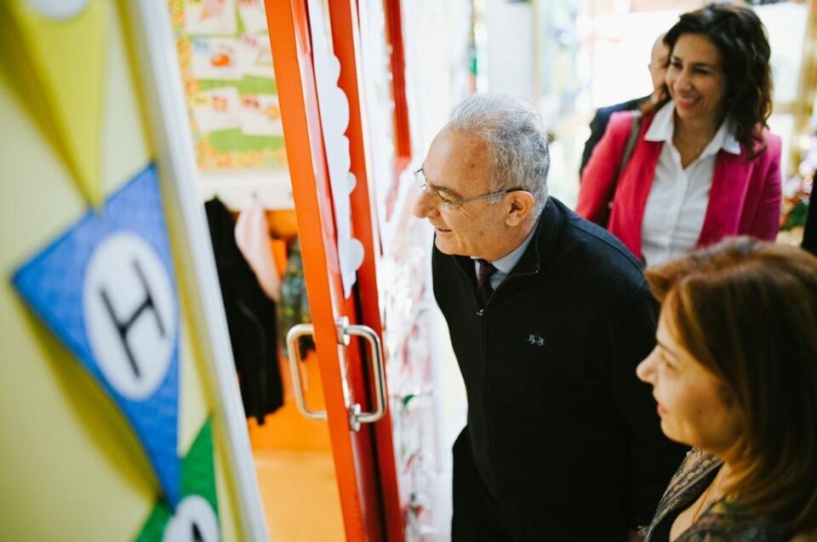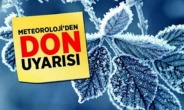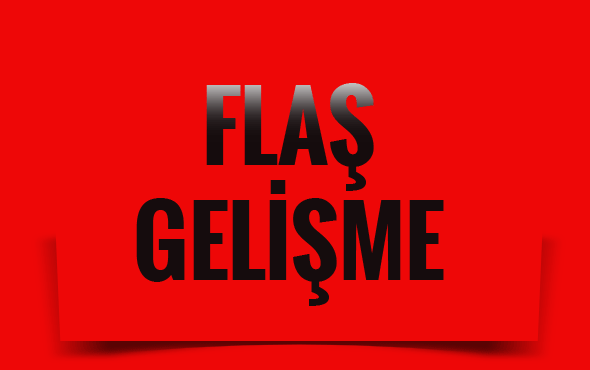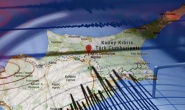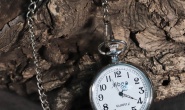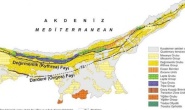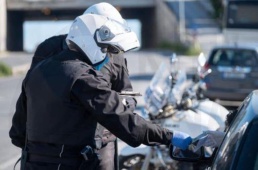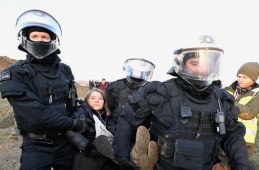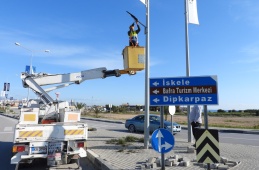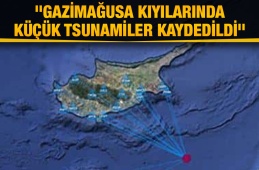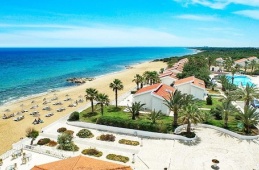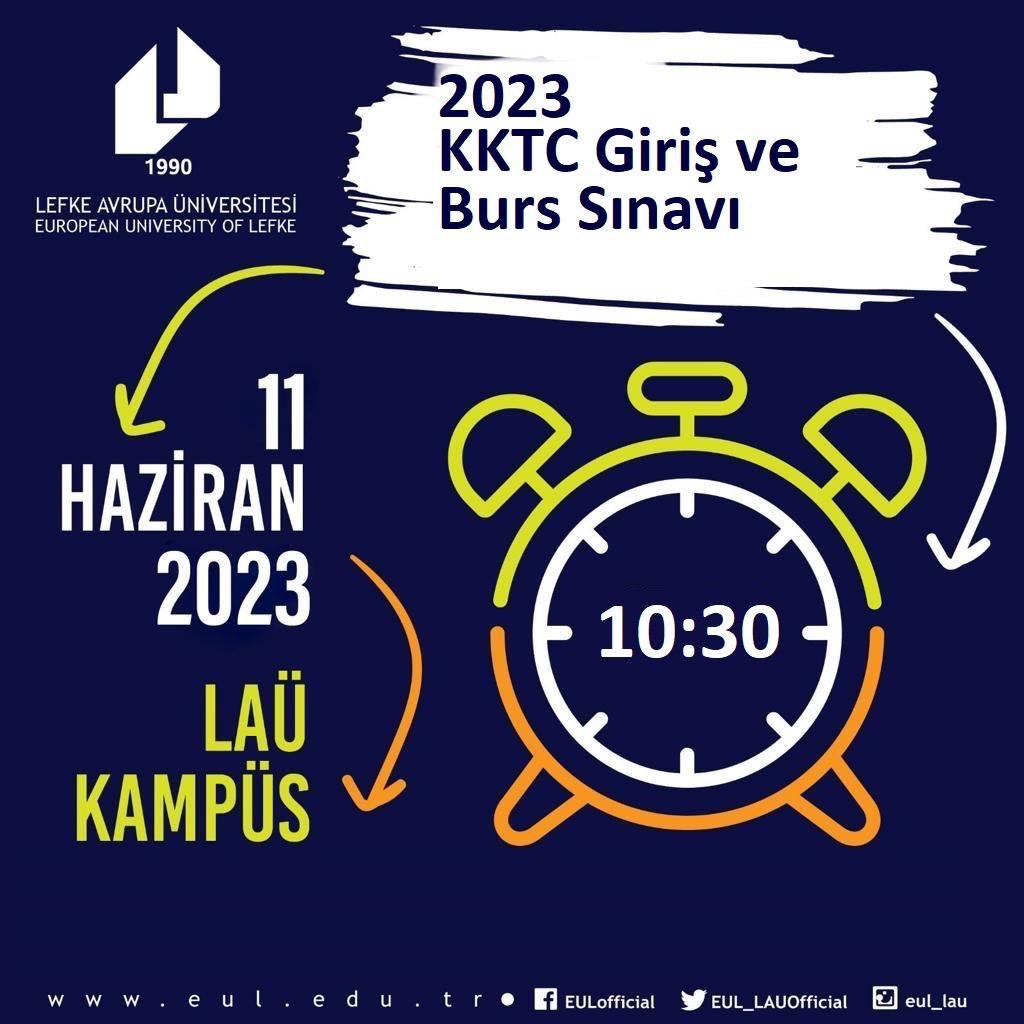But will it make any difference in what has been described as a bland, substance-free campaign?
“Visibility is where it’s at,” said one source close to the campaigning. “Forget content, hardly anyone pays attention to that these days.”
Few would contest the observation that this election campaign lacks the bite of previous encounters. Though digs at political opponents will never go away, this time by and large it feels like there’s minimal interaction among the candidates – they each seem to be living in their own bubble, talking past each other rather than at each other. Bar the televised debates, although their viewership is nothing to write home about.
Gone are the days of the pulsating mass rallies, the last of which took place in the run-up to the 1993 presidential vote. Now the focus has shifted to smaller gatherings, meet-and-greets, and of course social media.
That said, the three main candidates – Averof Neophytou, Nikos Christodoulides and Andreas Mavroyiannis – have organised large gatherings – large by current standards – numbering a few thousand. And the Cyprus Mail learns that the three camps will each mount one last big jamboree just before February 5 – a final morale booster for the grassroots.
But the emphasis has clearly been on small-scale get-togethers as well as meet-and-greets at villages where the candidates get to have some face time with the public. Here, the trend was started by Christodoulides months ago with Neophytou seemingly waiting until closer to the elections.
At the moment the Disy candidate is stumping at Disy-affiliated social and sports clubs. On Friday 6, Epiphany Day, Neophytou appeared at three such gatherings in Limassol. A day earlier he showed up at eight different locations.
With this drive, Neophytou wants to achieve two things. First, to shore up support among Disy-prone individuals who may be on the fence. And secondly, to build up his image in Limassol where Christodoulides is said to be ‘eating into’ his support.
It’s no secret the Neophytou camp see Christodoulides as their main threat.
“Averof is reliable” is the message in advertisements, both on television, radio and online.
“Nikos is a force for unity,” counters the Christodoulides side.
Meanwhile Mavroyiannis, backed by Akel’s well-oiled machine, has over the past month considerably increased spending on advertising.
The same holds true for Neophytou, whose team had held back on those euros for ads, unleashing them now in the final stretch. A major uptick in Neophytou’s social media presence has likewise been observed.
“The idea presumably being to strike when the iron is hot,” remarked the same source.
Surprisingly, Christodoulides’ presence on social media seems to have somewhat slackened in the past couple of months.
According to the source, who preferred not to be identified, this may have to do with the fact that Christodoulides “peaked too soon.”
And in terms of content, the source senses a certain complacency settling into the Christodoulides camp.
“Their recent messaging sounds more like ‘Christodoulides is your next president’, rather than trying to actually convince people.”
Still, this is when the campaign teams are splashing out the big bucks. And it’s expensive – a month’s worth of pop-up ads on serious websites can go for €20,000 to €25,000.
By law, spending is capped at €1 million.
“But everyone knows that the big players go well beyond this. A typical campaign costs at least €4 million.”
According to political analyst Christoforos Christoforou, soundbites are the name of the game.
“Absent are cogent arguments about policy. Listening to the candidates speak, you often wonder whether they’re in touch with reality,” he says.
“Take Neophytou for example. He’ll talk about how the administration of Nicos Anastasiades managed to steer the economy back into stability since 2013 and did so without imposing any new taxes. That’s plainly false – the part about the taxes. But does that even register?”
And Christoforou has some choice words for Christodoulides as well, calling his campaign “fluff.”
Like the previous commentator, Christoforou agrees that nowadays visibility (or ‘presence’) is everything.
But does he think that the non-stop messaging influences people in terms of leaning toward one politician or the other?
“I’m not so sure. I think it’s more a case of…if one candidate doesn’t show up on television for, say, a week, then people might start asking whether he or she is still in the race.”
Going by this, the analyst believes that the outcome is largely ‘baked in’ – most people made up their minds long ago.
“About 15 to 20 per cent of the electorate are undecided, so something to watch out for on election day. But realistically, given the big gap between Christodoulides and the rest, there’s a minimal chance of an upset. I think we can safely say that Christodoulides definitely makes it to the second round.”
Not so fast, says the other source, who’s on ‘the inside’ of the campaign goings-on.
“I think you’ll find that many will make a decision in the last few days…some even as they draw the curtain behind them in the voting booth.”


